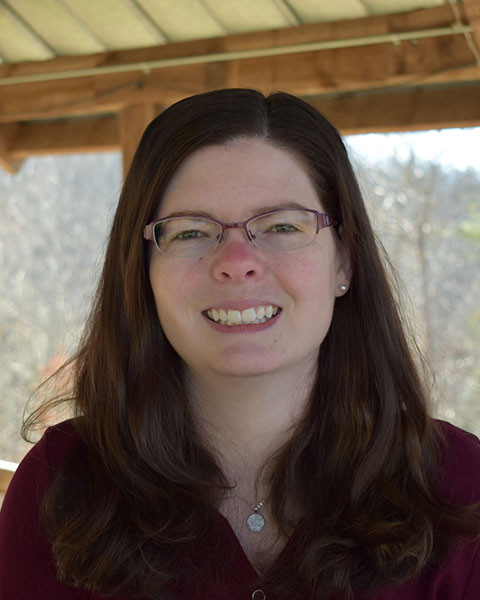LGBTQ+
(PS9-58) Perceptions of Sexual Assault Experiences and Outcomes in the Queer Community: A Mixed Methods Approach

CJ Fleming, Ph.D.
Associate Professor of Psychology
Elon University
Hillsborough, North Carolina, United States
Mackenzie DeMania, B.A.
Student
Elon University
Bentonville, Arkansas, United States
Author(s)
Co-Author(s)
Sexual assault has negative effects on survivors, and there are unique risk factors and barriers for sexual minority women that affect their experiences and outcomes. These differences may be accounted for by the effects of minority stress and internalized homophobia, as well as negative societal stereotypes that lead to heightened levels of victim blaming. The combination of these risks and barriers mean that LGBTQIA+ survivors are less likely to seek and receive adequate support in the wake of a sexual assault. The current study is a mixed methodological examination of the phenomenon of sexual assault experiences and responses in queer populations.
The first part of the study was focused on centering queer voices and understanding their experience and perceptions of sexual assault. Three focus groups were conducted including 9 non-male queer college students. Two groups included survivors of sexual assault and the third group was comprised of non-survivors. This study explored perceived benefits and barriers to disclosing a sexual assault experience, recommendations received and provided, and experience with unwanted sexual attention in those who hold a queer identity. Responses were analyzed using inductive thematic analysis resulting in six major themes. The primary outcome of the study was that while past research has looked at how identity impacts the experience of sexual assault, participants were eager instead to discuss how sexual assault impacted their identities. Additional themes and findings will be discussed. Outcomes of this study were used to frame a larger online vignette survey designed to gauge how the general population’s perceptions of a sexual assault shift in response to victim sexuality and severity of assault. Participants were randomly shown one of six vignettes in which sexual orientation of the victim was varied (lesbian/bisexual/heterosexual woman), or the severity of the situation was varied (high severity rape/lower severity unwanted touching). Participants were given a series of questions asking them to report the supposed effect of the assault on the survivor’s mental, physical, and sexual health, how helpful counseling would be, and their perceived promiscuity of the victim. Participants were also asked a question to gauge their perception/stigma toward LGBTQIA+ communities. The severity of the scenario was a significant factor across outcomes such that more severity related to more perceived negative outcomes. Sexual orientation of the victim significantly affected perception of the victim as more sexually adventurous. Participant LGBTQ stigma was also a significant factor for each participant outcome such that higher stigma was related to perceptions that assault would have less of a negative impact on the survivor.
The findings surrounding perceptions of LGBTQIA+ communities highlight the need to reduce bias in order to increase support for survivors in general. Understanding and shifting others’ perceptions of LGBTQIA+ survivors can help guide interventions with the intention of decreasing victim blaming and better supporting survivors. Overall, including queer voices in future work is essential as lived experience should inform our research questions and design.

.png)
